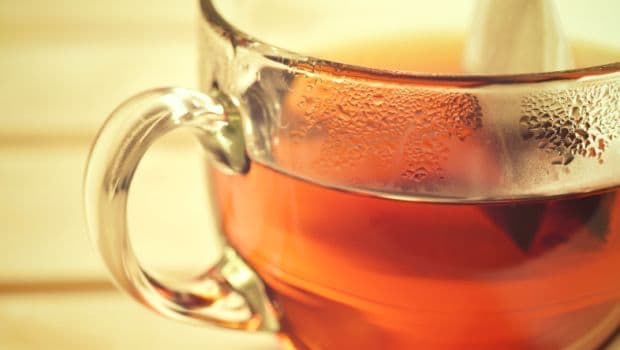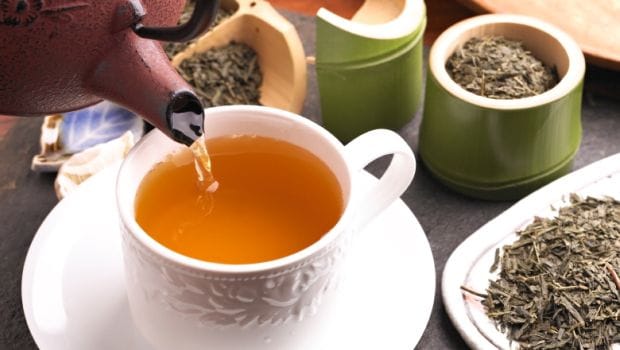
For most of us, the morning starts with a cup of freshly brewed tea. It is almost like a ritual that needs to be followed religiously. Tea leaves have numerous health benefiting properties. Popularly known for its caffeine effect, which gives you that instant energy boost, it is also an excellent source of antioxidants. Antioxidants are essential for the body because they help fight against free radicals that are known to increase risks of cancer and heart diseases. The antioxidants found in tea leaves is a compound known as polyphenols. According to a new study, polyphenols can also prove to be beneficial for regulating blood sugar levels. The study states that they can significantly reduce blood glucose in adults, thus keeping a check on diabetes.
Polyphenols – the natural compound in tea tends to block sugar absorption in the blood, as reported by the study. The findings, which appeared in Asia Pacific Journal of Clinical Nutrition, indicated that polyphenols significantly reduce the amount of glucose in adults, who were given sucrose-laden drinks just before. Researchers claim that by consuming tea, it helps to smooth out spikes in blood sugar levels that are triggered by snacking on sweet treats.
Dr Tim Bond of the Tea Advisory Panel said, “After water, tea is the second most commonly consumed beverage in the world and this new research adds to already published studies, which suggest that it is good for health and well-being benefits.”

“In effect, these polyphenols seemed to lower the Glycaemic Index – the relative ability of a carbohydrate food to increase the level of glucose in the blood – of the sugary drink,” Bond added.
The team tested the effects of drinking tea on 24 participants in which half had normal blood sugar levels, while the other half had already been diagnosed with pre-diabetes. The day before each trial, both groups were asked to avoid any exercise and eat moderately. All that they were given was small low-sugar evening meal. The following morning, their blood samples were taken when they were in a fasting state.
They were given a sugary drink accompanied by a beverage containing either a high or low dose of tea polyphenols or a placebo. Further blood samples were taken 30, 60, 90 and 120 minutes later. They repeated this experiment three times, with a one-week gap. The results indicated both doses of tea polyphenols showed the same significant suppression of blood sugar spikes.
[“source-ndtv”]






